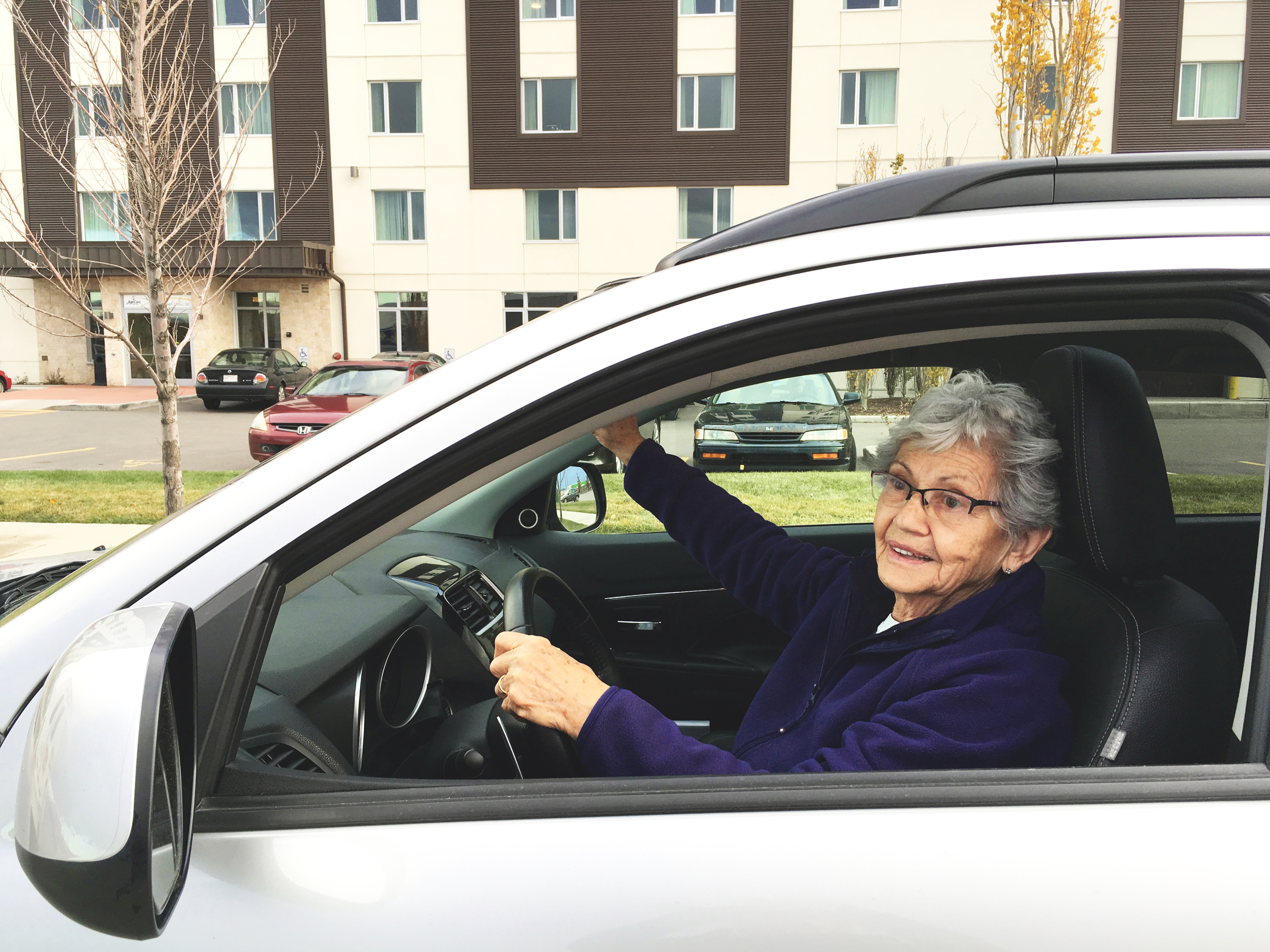Hanging Up the Keys

For some, one of the most distressing aspects of aging is the prospect of losing their driver’s license. The freedom and independence of driving is something most of us take for granted for several decades of our lives. Giving it up can be quite a struggle.
If you are in this predicament with your aging parent, or if this transition is in your imminent future, you may be wondering how best to determine when it’s time to hang up the keys. Obviously, there is no definitive answer that suits all seniors in all circumstances. For instance, an aging farmer may be just fine driving within a short radius of his property until age 85, while a healthy senior living in a busy city may feel pressed to stop driving at age 75.
I spoke to a driving instructor at AMA and he was particularly helpful in offering general guidelines. His advice was simple, don’t leave this decision in neutral for too long. While it may be stressful for a senior to lose their driving privileges, it is more stressful to be involved in a driving accident. He suggested that a gradual phase-out of driving is an ideal measure where possible. Otherwise, it could be that laws, an unfortunate accident, or a medical crisis will dictate an abrupt end with less time to adjust.
One of his recommendations was that you have your aging loved one answer questions on this CAA driving assessment survey. The score will help to evaluate safety and competence, and the best steps to move forward.
Subsequently, here is a 10-Point checklist to help you form your own opinion on how your loved ones are doing behind the wheel.
- Are they generally healthy and alert?
- Do they see well?
- Do they still seem keen to drive and confident behind the wheel?
- Do they appear strong enough and flexible for most driving manoeuvres?
- How is their reaction time?
- Are they uptight or easily distracted?
- Are they able to see and obey traffic rules and signs?
- Have they had any recent damage to their vehicle or been in any accidents?
- Are they able to assume responsibility for maintenance and insurance?
- Do you get a general sense they are safe on the road?
Other pertinent considerations pertain to the driving laws in your province. Restrictive driving laws vary from province to province. For example, in Alberta seniors have to prove they are capable of driving by filing a doctor’s medical report every time they renew their license after the age of 75. In British Columbia a medical report is required every two years after the age of 80. In Saskatchewan, Manitoba and the Maritimes, there are no driving restrictions based strictly on age.
To find out what driving regulations apply in your province, click here.
If thoughtful consideration leads to the conclusion that it’s time for your aging loved one to stop driving, it’s important to focus on the positive aspects to this decision. For instance, there are cost savings, reduced risk of an accident, and the natural shift toward a less stressful, slower pace in life.
Find more information on aging and driving.


